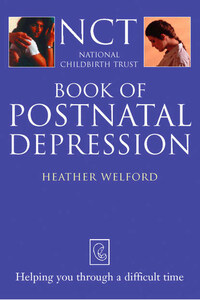Coming Back To Me: The Autobiography of Marcus Trescothick

A true-life sporting memoir of one of the best batsman in the game who stunned the cricket world when he prematurely ended his own England career. Trescothick’s brave and soul-baring account of his mental frailties opens the way to a better understanding of the unique pressures experienced by modern-day professional sportsmen.At 29, Marcus Trescothick was widely regarded as one of the batting greats. With more than 5,000 Test runs to his name and a 2005 Ashes hero, some were predicting this gentle West Country cricket nut might even surpass Graham Gooch's record to become England's highest ever Test run scorer.But the next time Trescothick hit the headlines it was for reasons no one but a handful of close friends and colleagues could have foreseen.On Saturday 25 February 2006, four days before leading England into the first Test against India in place of the injured captain Vaughan, Trescothick was out for 32 in the second innings of the final warm-up match. As he walked from the field he fought to calm the emotional storm that was raging inside him, at least to hide it from prying eyes. In the dressing room he broke down in tears, overwhelmed by a blur of anguish, uncertainty and sadness he had been keeping at bay for longer than he knew.Within hours England's best batsman was on the next flight home. His departure was kept secret until after close of play when coach Duncan Fletcher told the stunned media his acting captain had quit the tour for 'personal, family reasons.'Until now, the full, extraordinary story of what happened that day and why, of what preceded his breakdown has never been told. He reveals for the first time that he almost flew home from the 2004 tour to South Africa – of what caused it and of what followed – his comeback to the England side and a second crushing breakdown nine months later that left him unable to continue the 2006-07 Ashes tour down under.Coming Back to Me will replace the myths and rumours with the truth as Trescothick talks with engaging openness and enthusiasm about his rise to the top of international cricket; and describes with equal frankness his tortured descent into private despair.







